Dalmatian stone jasper, also known simply as Dalmatian jasper or Dalmatian stone, is a distinctive variety of jasper characterized by its speckled or mottled appearance reminiscent of the coat of a Dalmatian dog. This unique stone is primarily composed of feldspar and quartz, with the spots or flecks often consisting of black or brown tourmaline, also known as schorl.
The formation of Dalmatian stone jasper is believed to occur through a combination of volcanic and sedimentary processes. It originates from volcanic ash or lava flows rich in feldspar and quartz, which undergo weathering and erosion over time. During this process, tourmaline crystals become detached from their host rocks and are transported by water, eventually becoming embedded within the sedimentary matrix of the jasper.
The characteristic spots or flecks in Dalmatian stone jasper are typically composed of tourmaline crystals, which vary in size and distribution throughout the stone. These dark-colored inclusions contrast sharply with the lighter background of the jasper, creating a visually striking appearance reminiscent of the spots on a Dalmatian dog.
Dalmatian stone jasper is primarily found in regions with volcanic activity, including Mexico, Brazil, and parts of Europe. It is often mined from open-pit quarries or collected from riverbeds and stream channels where it has been naturally eroded and weathered.

Due to its unique appearance, Dalmatian stone jasper is a popular choice for lapidary work and jewelry design. It is commonly used to create polished cabochons, beads, and ornamental carvings, as well as inlays and decorative objects. Its distinctive speckled pattern adds a playful and whimsical touch to jewelry pieces, making it a favorite among designers and collectors alike.
In addition to its aesthetic appeal, Dalmatian stone jasper is believed by some to possess metaphysical properties, including grounding, protection, and emotional healing. It is thought to promote a sense of stability and security, helping to dispel negative energies and foster a sense of balance and harmony. Whether admired for its visual charm or sought after for its purported metaphysical properties, Dalmatian stone jasper continues to captivate and inspire people around the world.
At its core, jasper is a variety of microcrystalline quartz, characterized by its fine-grained structure and vibrant hues. The mineral’s genesis lies in the gradual deposition of silica-rich fluids within fractures and cavities of host rocks, where over time, these fluids crystallize into the intricate formations that define jasper. The presence of various mineral impurities, such as iron oxides, manganese, and other trace elements, imbues each specimen with its unique palette of colors and distinctive patterns.
The allure of jasper lies not only in its geological origins but also in the astonishing array of varieties it presents. Among the most renowned is Red Jasper, with its deep crimson tones and swirling banding that evoke a sense of strength and vitality. Picture Jasper, on the other hand, offers a canvas of scenic landscapes and intricate motifs, reminiscent of ancient paintings etched in stone. Ocean Jasper captivates with its kaleidoscope of colors and spherical formations, reminiscent of underwater worlds teeming with life. Dalmatian Jasper, with its whimsical spots and playful demeanor, conjures images of a moonlit night dotted with stars. These are but a few examples of the myriad expressions of jasper found across the globe, each a testament to the beauty and diversity of Earth’s geological treasures.
The geographic distribution of jasper is as diverse as its manifestations, with significant deposits scattered across continents and regions. Madagascar, renowned for its rich mineral wealth, boasts spectacular specimens of Ocean Jasper, where vibrant hues of green, yellow, and red converge in mesmerizing patterns. In the United States, the rugged landscapes of Oregon yield Picture Jasper, celebrated for its scenic landscapes and intricate motifs that tell tales of ancient epochs. Western Australia is home to the iconic Mookaite Jasper, with its vivid colors and swirling patterns reminiscent of sun-kissed landscapes and ancient landscapes. Brazil, Russia, and China also contribute to the global tapestry of jasper, each offering unique varieties that reflect the geological diversity of their respective regions.
Culturally, jasper holds a revered place in human history, revered for its beauty, symbolism, and perceived metaphysical properties. Across cultures and civilizations, jasper has been used for millennia in amulets, talismans, and ceremonial objects, believed to bestow protection, strength, and healing powers upon its wearer. The symbolic significance of jasper varies from one culture to another, with Red Jasper often associated with vitality and courage, Picture Jasper with creativity and imagination, and Ocean Jasper with emotional healing and tranquility. These symbolic associations have endured through the ages, shaping the way humans perceive and interact with this enigmatic mineral.
In addition to its cultural significance, jasper has found practical applications throughout history, serving as a building material, pigment, and abrasive. The durability and versatility of jasper have made it a valuable resource for artisans and craftsmen, who have fashioned it into jewelry, decorative objects, and architectural elements for millennia. Today, jasper continues to captivate the imagination of artists, collectors, and enthusiasts alike, with its timeless beauty and enduring allure.
Prehistoric 101 (Learn about fossils, minerals, and meteorites)
Jasper: Learn
Discovering Prehistoric Life and Fossils


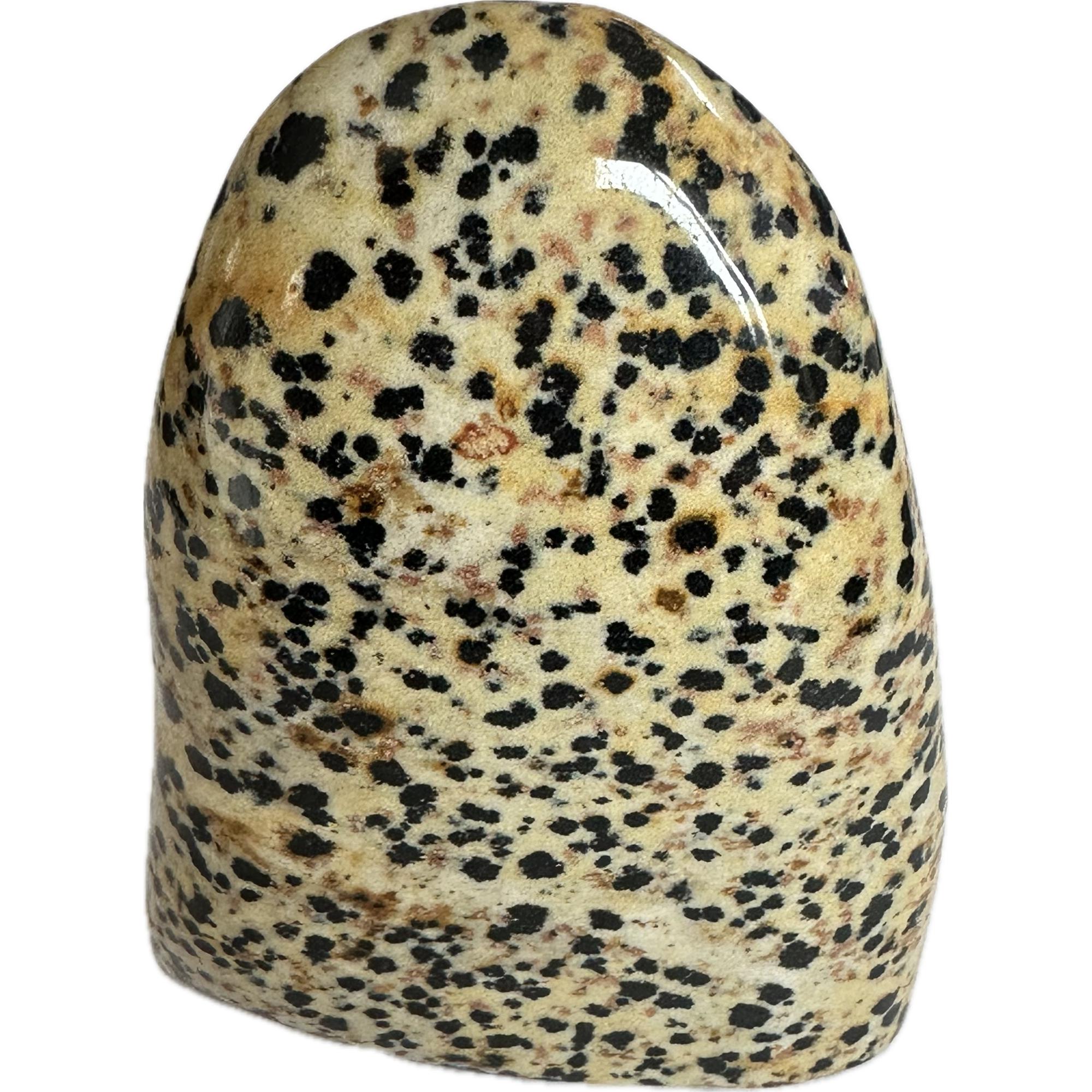














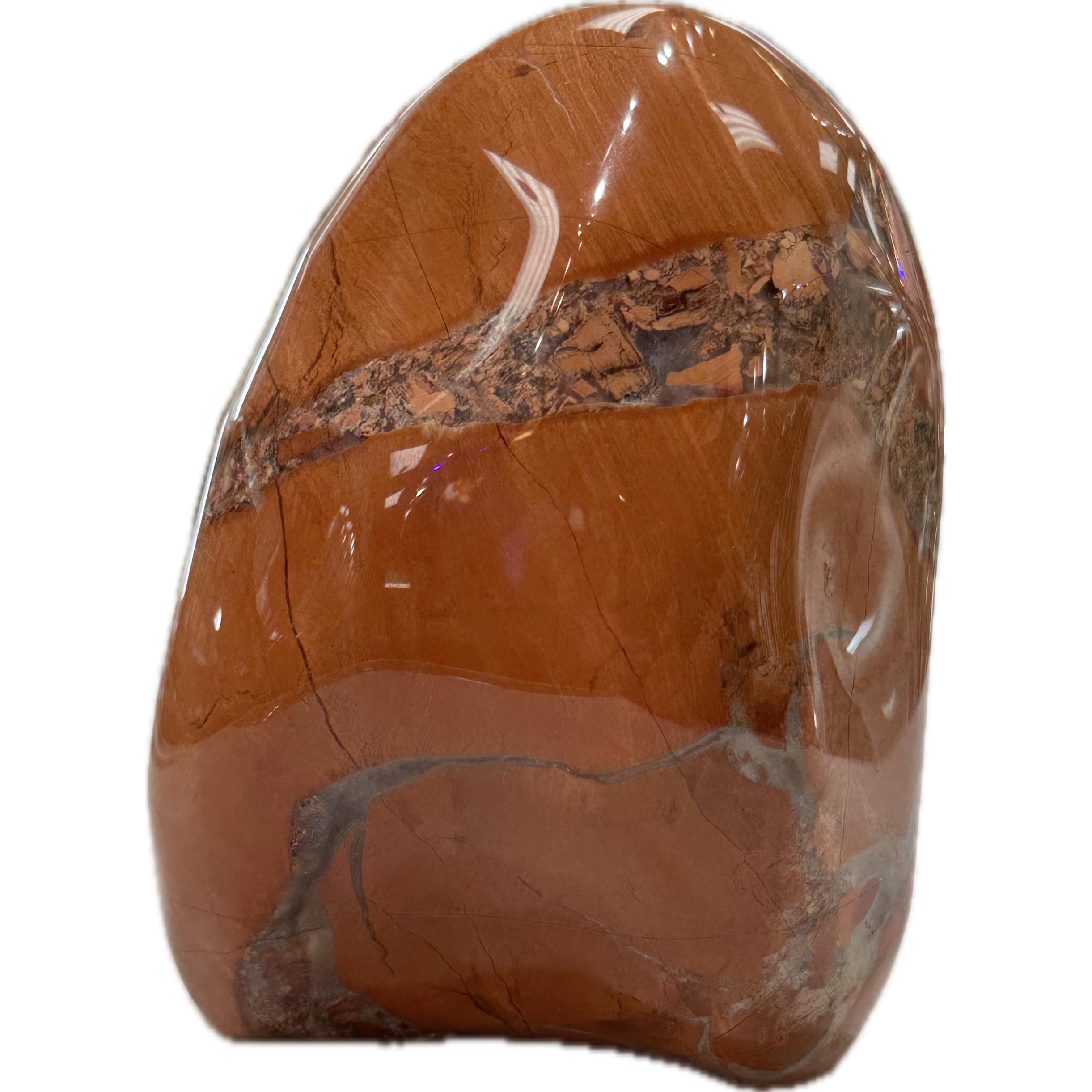
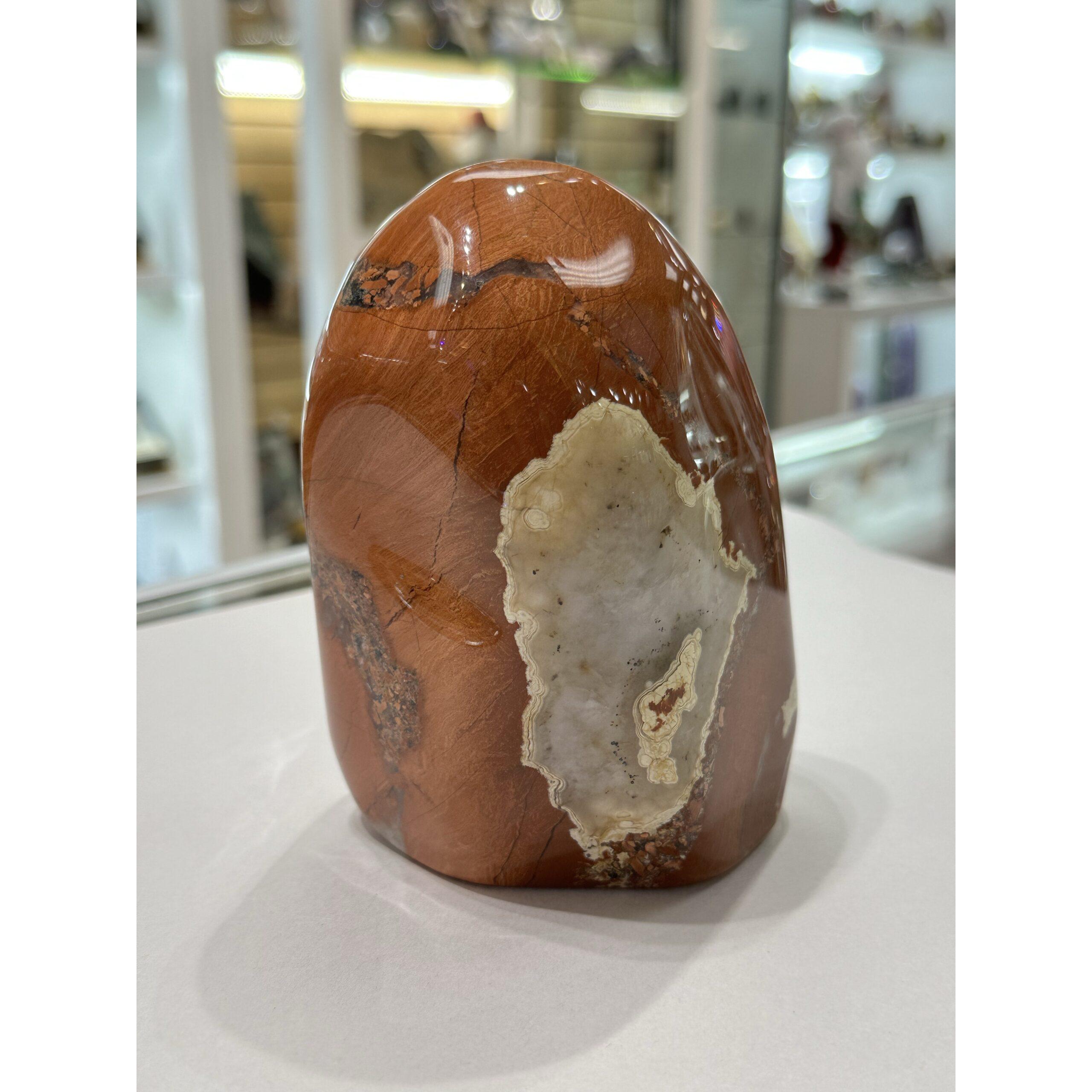
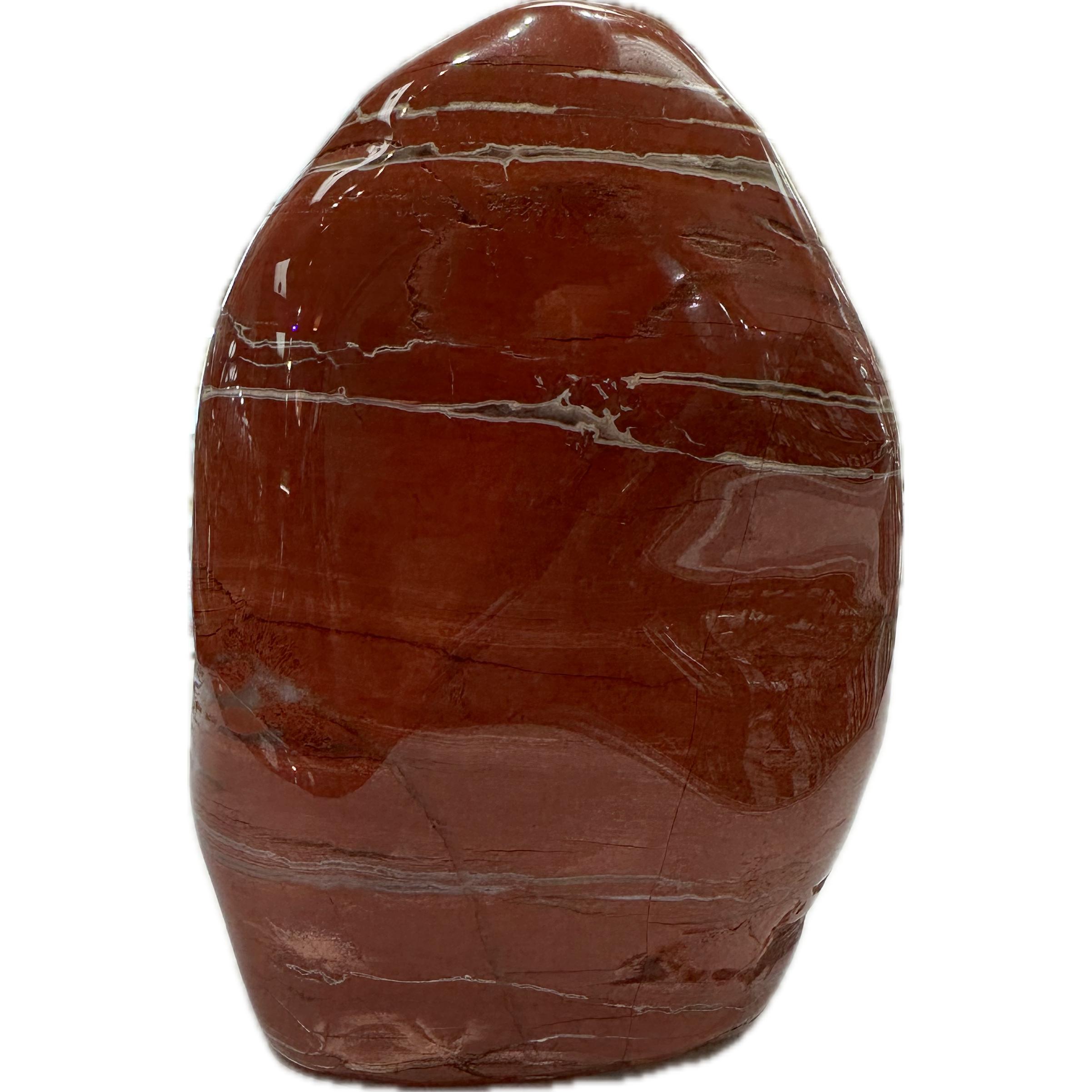
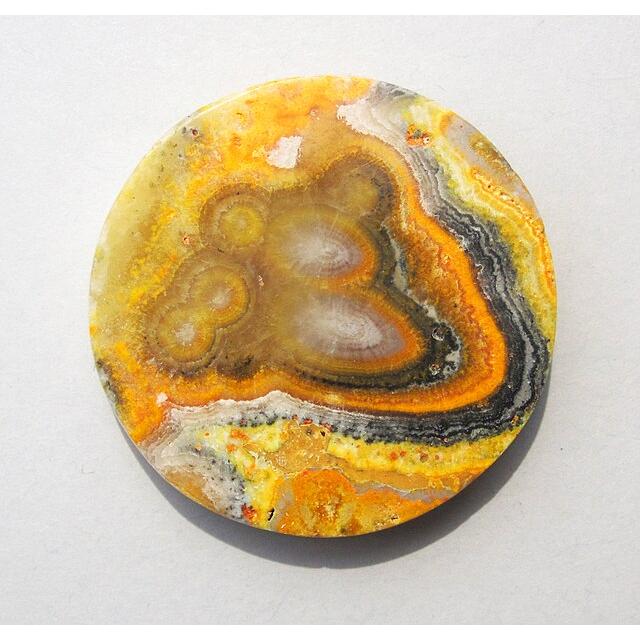
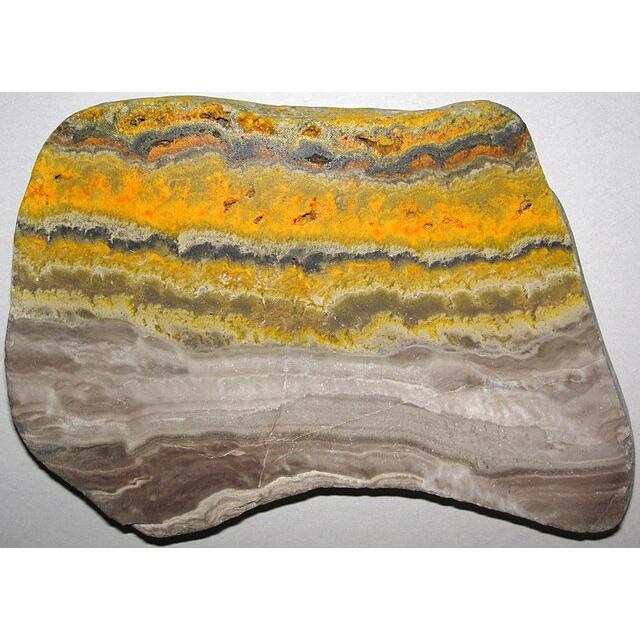
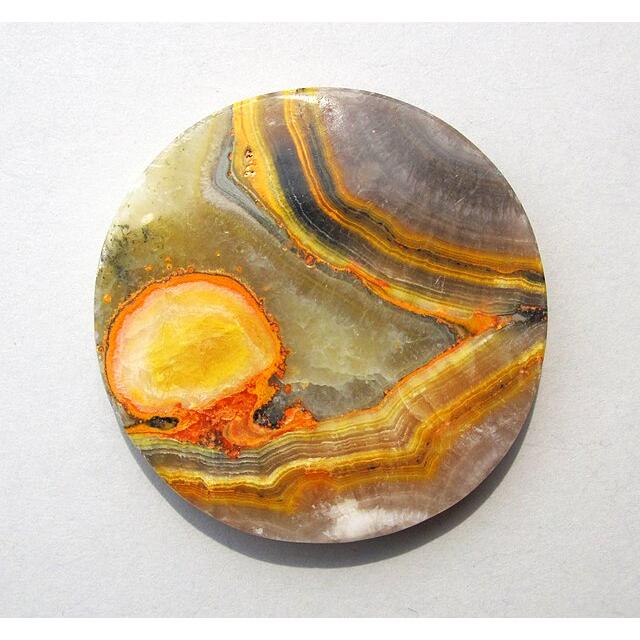




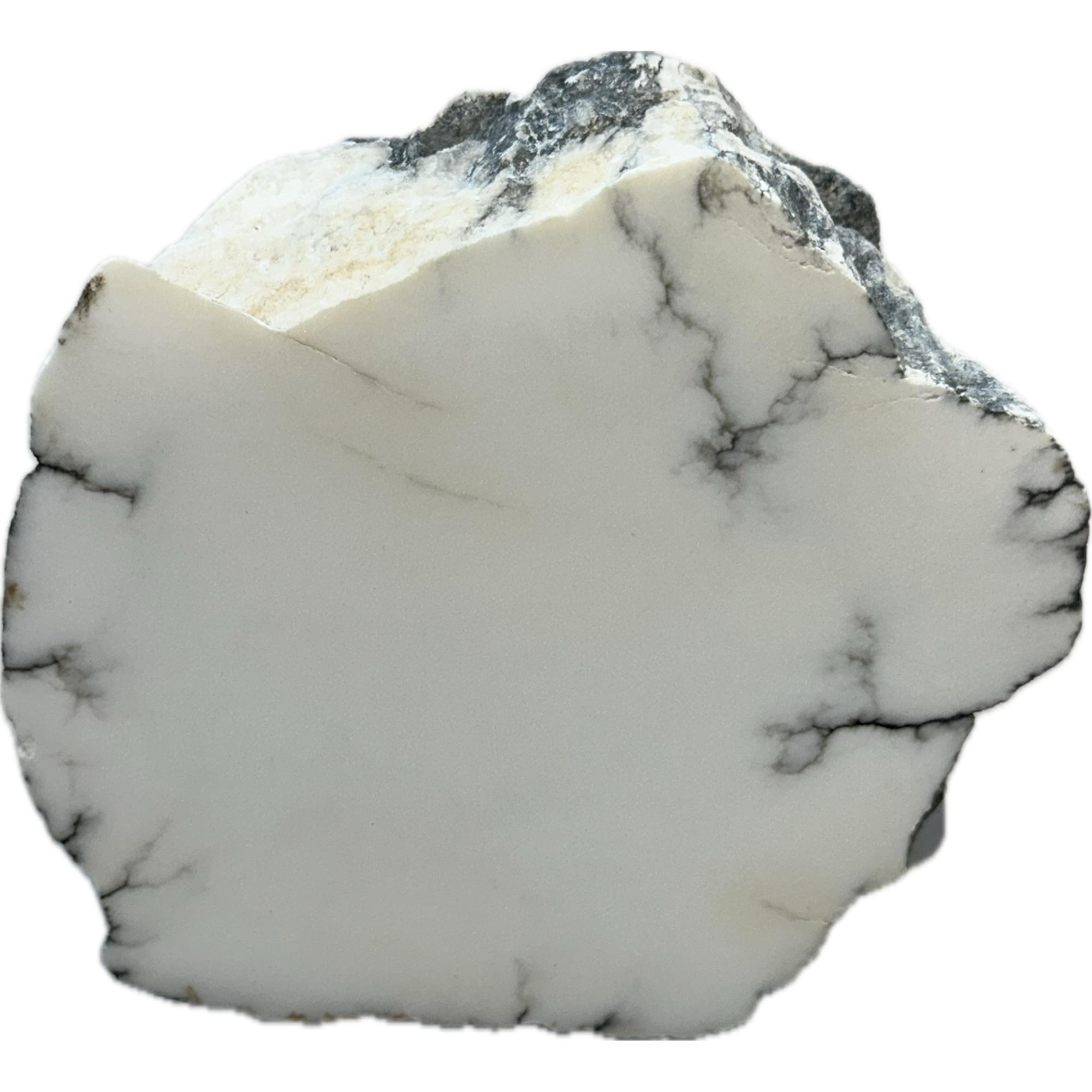
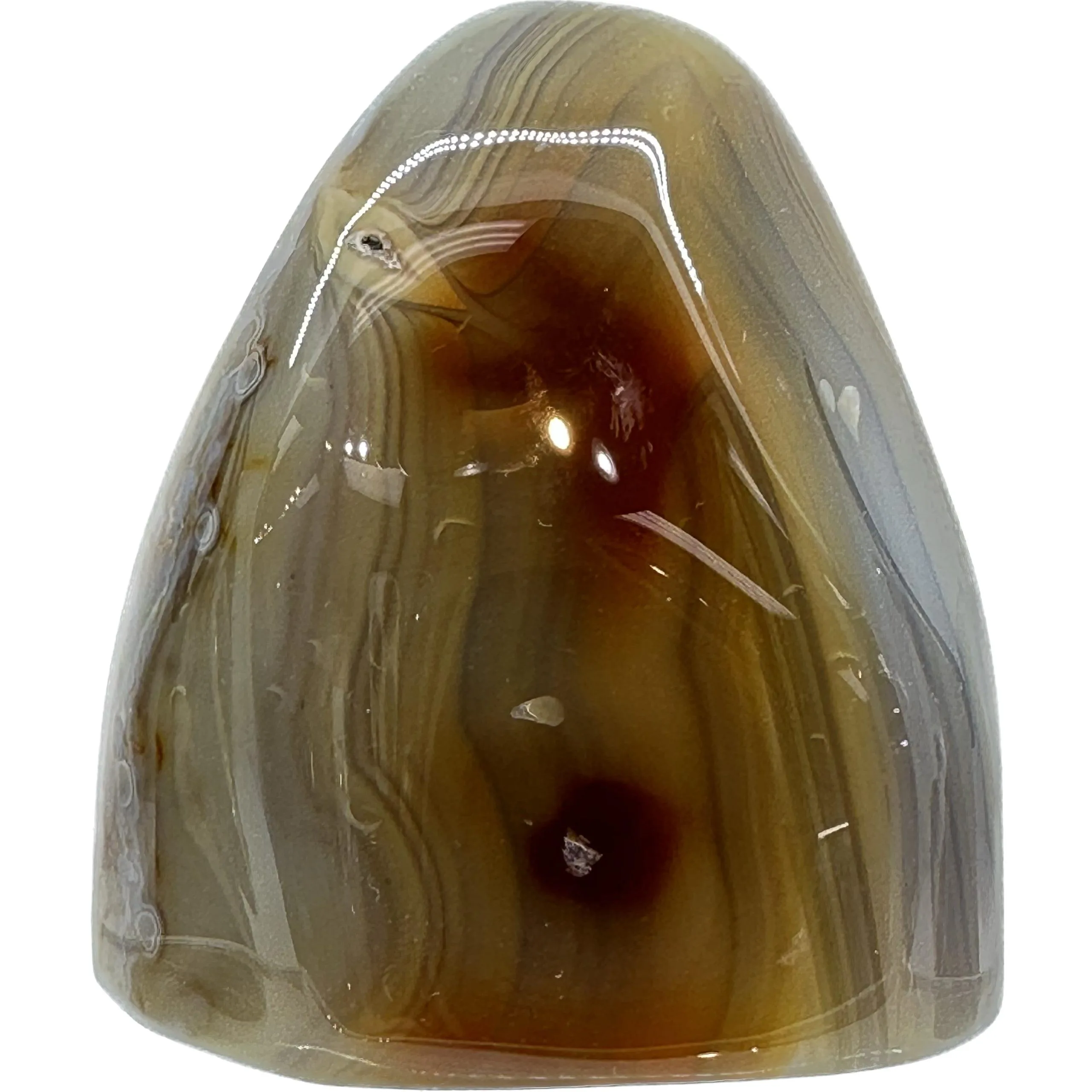
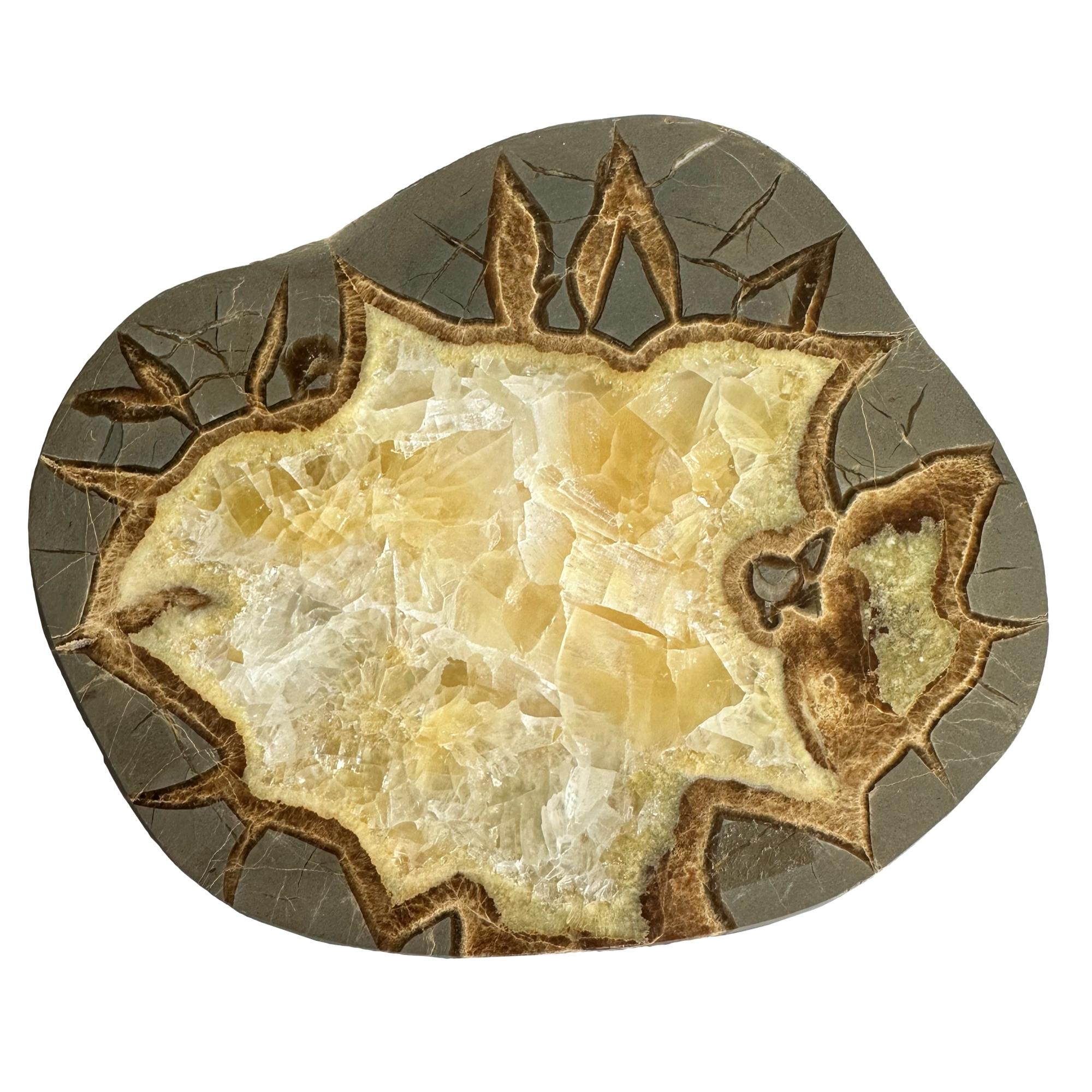
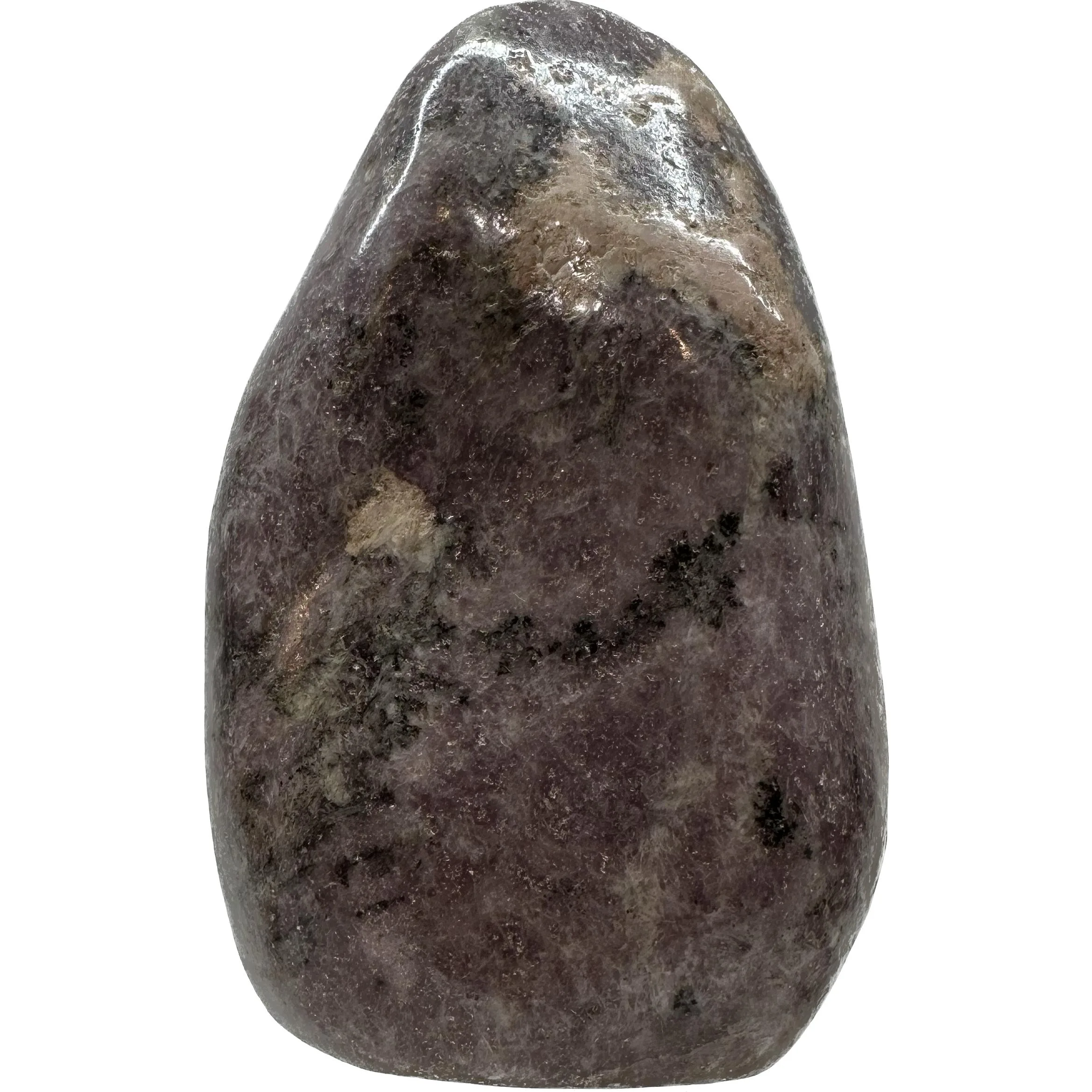

Reviews
There are no reviews yet.